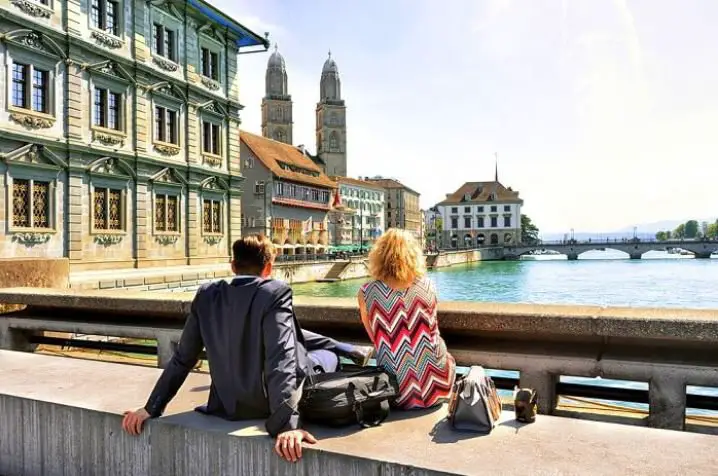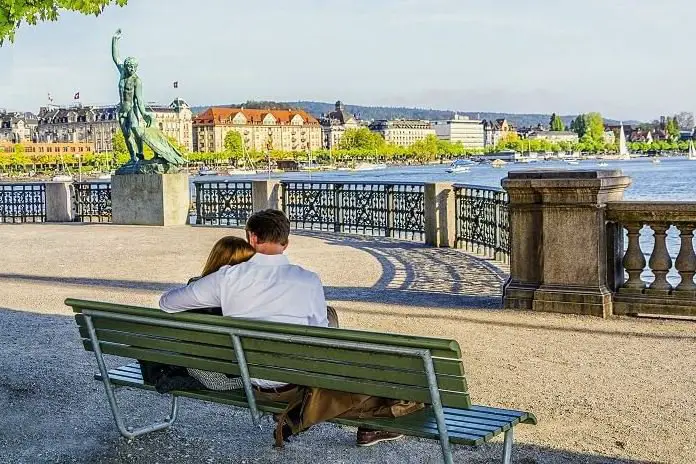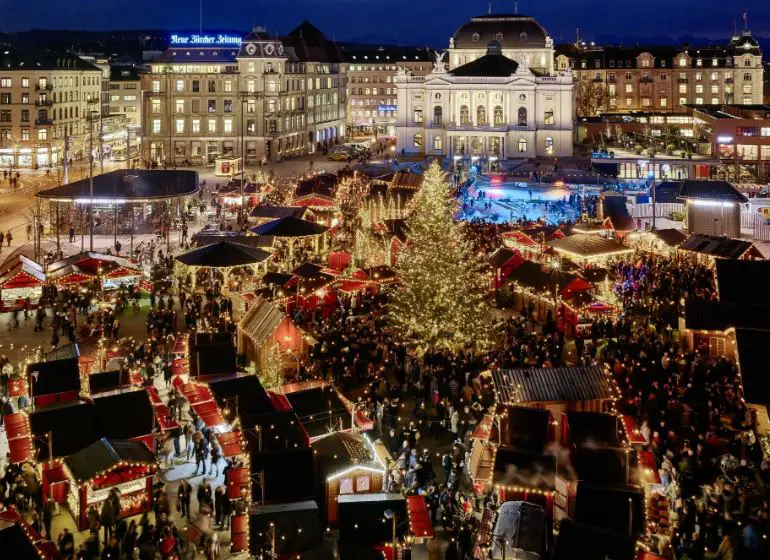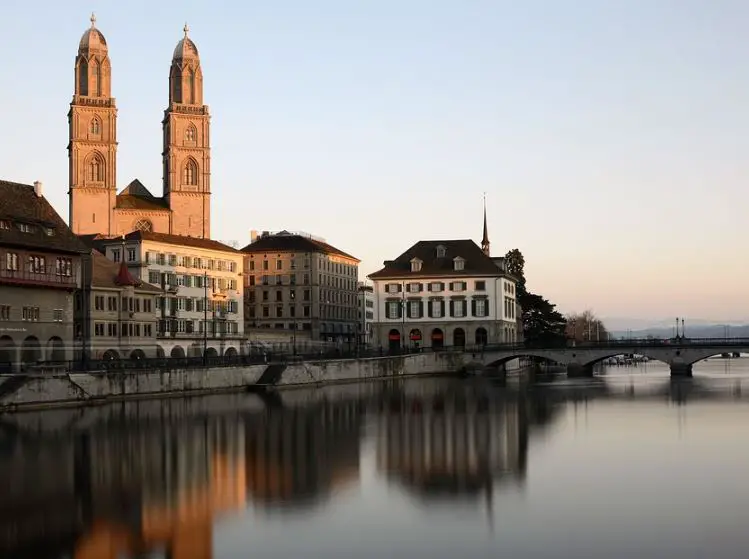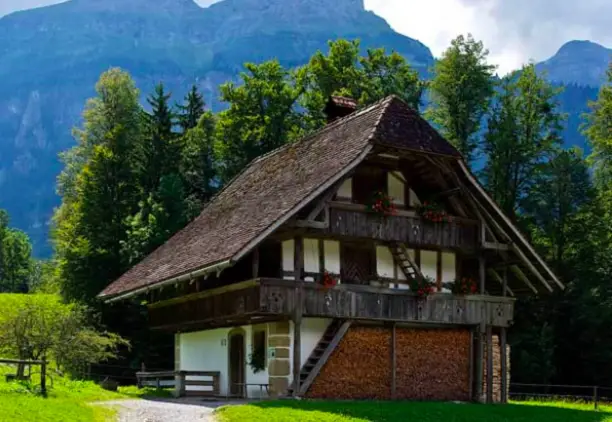What is the history behind Germany's historic town halls?
Post ByAdequate Travel
Summary
Germany is one of the places around the world that is known for its beautiful architecture and traditions, and its historic town halls are among the most recognizable symbols of its rich history. In this blog post, we will explore the colorful story behind Germany's beloved town halls and learn more about the history and tradition behind them.History of Germany's Historic Town Halls
1. Medieval Origins:
Many of Germany's historic town halls have their origins in the medieval period, when towns and cities gained increasing autonomy and began to construct their own administrative buildings.
Example: The town hall of Lübeck, built in the 13th century, is one of the oldest and most iconic in Germany.
2. Symbol of Civic Pride:
Historic town halls became symbols of civic pride and autonomy for the city dwellers, representing their freedom and self-governance.
Example: The Rathaus of Munich, constructed in the late 19th century, reflects the grandeur and architectural uniqueness of the city.
3. Architectural Styles:
Town halls in Germany showcase various architectural styles, representing different periods and influences throughout history.
Example: The Renaissance-style town hall of Münster, built during the 14th century, showcases ornate details and intricate facades.
4. Functions:
Historically, town halls served as administrative centers, housing municipal offices and providing space for meetings and gatherings.
Example: The historical town hall of Bremen continues to house administrative offices while also serving as a venue for cultural events.
5. Restoration and Preservation:
Many historic town halls have undergone restoration and preservation efforts to maintain their architectural integrity and cultural significance.
Example: The gothic-style town hall of Rothenburg ob der Tauber has been carefully preserved throughout the centuries, attracting visitors from around the world.
6. Tourist Attractions:
Germany's historic town halls have become popular tourist attractions, showcasing the country's rich history and architectural heritage.
Example: The town hall of Hamburg, with its impressive neo-Renaissance façade, is a major attraction for visitors exploring the city.
7. UNESCO World Heritage:
Some historic town halls in Germany have been recognized by UNESCO as World Heritage Sites for their historical and cultural significance.
Example: The town hall and Roland statue of Bremen were collectively designated as a UNESCO World Heritage Site in 2004.
The place is known for its rich history and culture, welcomes tourists with open arms. However, be sure to review the travel advisory and travel warnings to ensure a safe and enjoyable experience.Suggested Questions
- St. Jakobskirche, Rothenburg ob der Tauber: Horror Story, History & Paranomial Activities
- Herrenchiemsee Palace, Chiemsee: Horror Story, History & Paranomial Activities
- Schloss Löwenstein, Kleinheubach: Horror Story, History & Paranomial Activities
- Schloss Moyland, Bedburg-Hau: Horror Story, History & Paranomial Activities
- Burg Rheinstein, Trechtingshausen: Horror Story, History & Paranomial Activities
- Bastei Bridge, Saxon Switzerland National Park: Horror Story, History & Paranomial Activities


